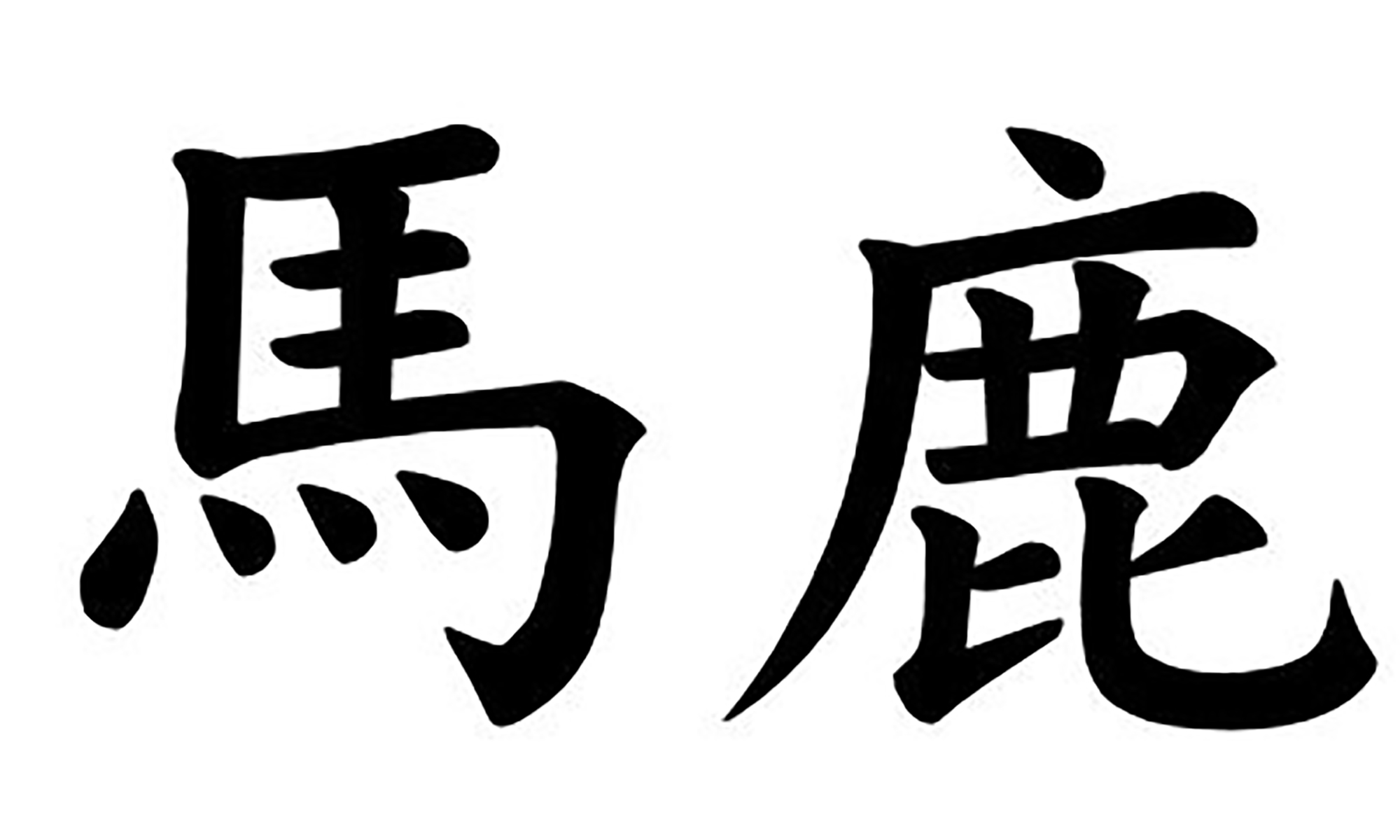has got me thinking…Sal and I are going to a wedding tomorrow (she is the matron of honor, I’m going to be M.C. Big Nate and spin the CDs with the wedding music on them) and of course it will be a Christian wedding since most of our younger friends are Christians.
It has always struck me how much rigamarole is involved in a Christian wedding. The vows, particularly. The requirement for a minister to ask the bride and groom if they will wed truly, keeping to each other alone, etc.
In a Jewish wedding (a TRADITIONAL Jewish wedding), there is really only one important declaration, and it is not the response to a question. It literally goes
“Harei, at mekudeshet li, b’tabaat zu, k’dat Moshe v’yisrael.”
(or, for those of you who don’t do Aramaic,)
“Behold, by means of this ring you are consecrated to me, in accordance with the Law of Moses and Israel.”
The rabbis taught that this was the one absolutely indispensable bit of ritual for a marriage to be legal. It is said by the groom only; the bride does not have any lines at all in the TRADITIONAL Jewish wedding service. In modern times, and with the introduction of dual-ring ceremonies, the bride presents the groom with his ring and normally says “Ani l’dodi, v’dodi li”, or “I am my beloved’s, and my beloved is mine.” Typically she does NOT state the feminine formulation of the groom’s statement.
The best part about a Jewish wedding is that, in its pure form, it does not require a minister. (State requirements have superseded that, of course.) But this is true of almost all Jewish ritual; the only requirement is for a minyan, and even that can be waived in most circumstances (some prayers require a minyan but may be skipped if the minyan is not present).
[I was going to say in here, but forgot, that a lot of what is alluded to in a Christian service by the minister admonishing the bridal couple with regard to their duties toward one another, is handled in the Jewish tradition by a marriage contract, or ketubah. The ketubah contains a standard formulation of what the husband’s duties to his wife are, including what will happen if the couple divorces — in many ways, it’s essentially a pre-nup.
[The couple sign the ketubah after a ceremony in which the groom lifts the bride’s veil to ensure that he is marrying the right person. This goes back to the story of Jacob, who was tricked by his father-in-law Laban into marrying Leah rather than Rachel by the simple expedient of the tradition being that the bride’s veil was not lifted until after the ceremony was complete. I might add that the Christian custom of the groom not being allowed to see the bride until she is coming down the aisle is completely non-Jewish. Please do not go to a Jewish wedding and worry that the groom might accidentally see the bride in her dress before the wedding. That almost got an old friend of my mother-in-law’s cold-cocked at our wedding, because I needed to go to the restroom and she tried to stop me from going down that hallway because “Sally might come out”. And that day there wasn’t NOBODY stopping me from going to the restroom. So anyway, to get back to the narrative:]
Now all this is not to say that you will miss rigamarole, pomp, and ceremony if you are invited to a Jewish wedding. Far from it. Before I made that declaration, I had to be escorted to the bima by my parents, had to wait for Sally to be escorted to the bima by her parents, had to get up on the bima, had to be circled seven times by Sally to ward off the evil spirits, had to say kiddush and drink a bit of wine, and listen to some more blessings. Then after we gave each other our rings, there were the Sheva Berachos chanted by the cantor, the display of the ketubah to all and sundry, and finally (because rabbi forgot) the bridal kiss followed by the recessional.
And let me tell you…on that tiny little bima with a dozen people on it, it was touch and go whether or not Sally was going to be able to circle me once, let alone seven times, with that huge train she had on her dress. But we managed.

A "surly curmudgeon[], suspicious and lacking in altruism." (Robert A. Heinlein)